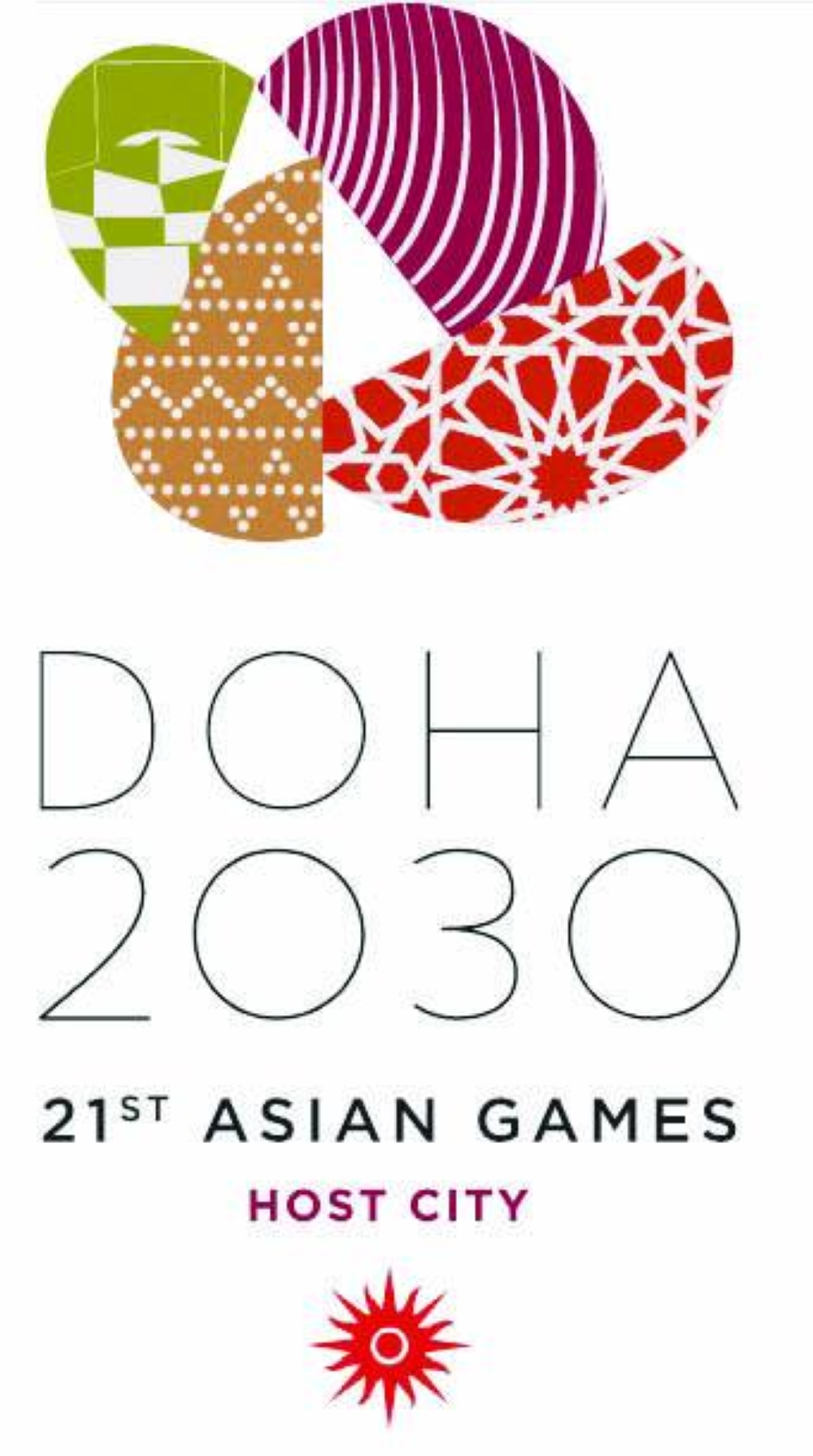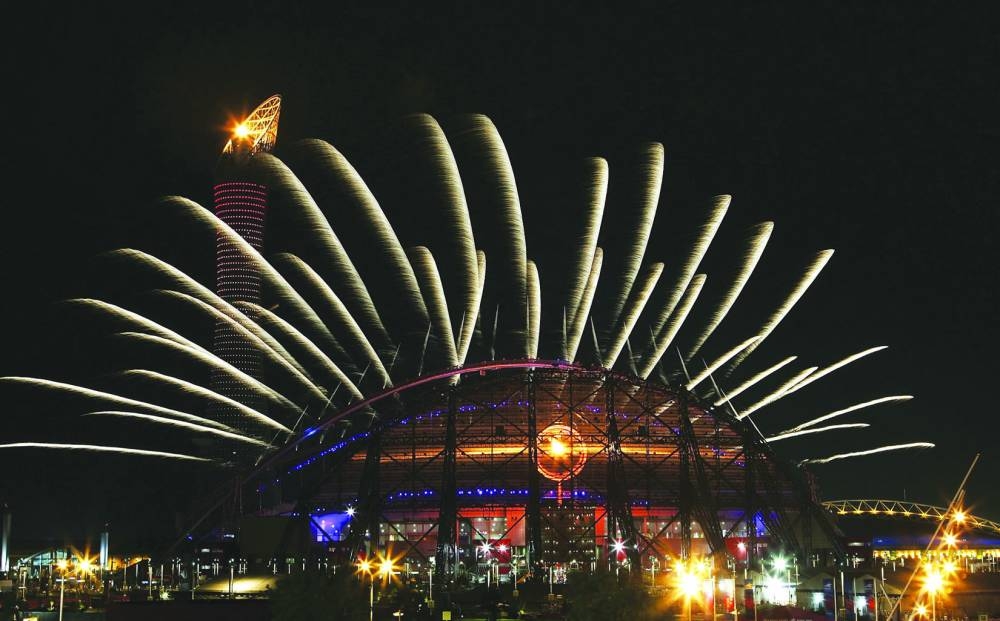According to Amiri Decision No 13 of 2023, establishing and organising Committee for the 21st Asian Games – Doha 2030, Qatar is preparing to organise an exceptional edition of the multi-sport event.
Successfully hosting the Asian Games in 2006 coupled with Qatar’s National Vision 2030, has served as a catalyst for sport development in Qatar and has contributed to positive change throughout the country. At the heart of this, is the high-tech sporting infrastructure that has already been built. As a result, there would be no need to build any new or unplanned permanent venues to host the Games in 2030.
This sustainable model will allow Qatar to fully focus on providing the best possible experience for the athletes and fans. Qatar has a proven track-record in delivering sporting events of the highest quality at its venues.
The legacy of Doha 2006 has resulted in the city hosting game-changing sports events that have benefited the whole of Asia. In the past 15 years alone, Qatar has hosted more than 500 major international sports events, conferences, and training camps. From the 2019 IAAF World Championships and inaugural ANOC World Beach Games, to the FIFA 2022 World Cup, Doha has the expertise and experience to provide both certainty now and a sustainable blueprint for future host cities. Qatar has shown itself to be a reliable partner to the OCA and many International and Asian Federations.
As well as the advanced competition venues, Doha already has access to some of the very best training, sports medicine, and rehabilitation facilities in the world. These facilities will ensure that athletes are able to compete at their very best and that they put on the ultimate sporting spectacle, come Games time.
Doha’s Games readiness will act as a gateway of opportunity for Asia’s athletes and their NOCs to benefit over the next 10 years. In addition to the city’s elite sports facilities, Doha has world-leading hotel and transport infrastructure already in place, ensuring Qatar is ready to deliver a festival of Asia’s rich and vibrant cultures.
Doha has already begin the work on delivering a meaningful and lasting legacy for Asia. Due to the legacy of Doha 2006 and Qatar’s National Vision 2030, Doha 2030 does not need to preoccupy itself with planning, funding and building ambitious infrastructure projects to support Games operations. Everything Doha needs is either already in place or planned. The next 10 years can be spent concentrating on what matters most: ensuring the Asian Games is a catalyst for accelerated sports development across the whole continent.
Hosting Doha 2030 will provide investment opportunities for the development of athletes and NOCs ahead of the Asian Games ensuring the best possible performances of all nations at the event. Doha 2030 will truly be a gateway to a brighter future for Asian sport.
The Asian Games includes 40 sports: Athletics, Basketball, Football, Swimming, Weightlifting, Cycling, Boxing, Shooting, Wrestling, Volleyball, Hockey, Table Tennis, Tennis, Badminton, Windsurfing, Gymnastics, Fencing, Archery, Bowling, Golf, Handball, Rowing, Equestrian, Judo, Taekwondo, Canoe, Kabaddi, Sepak takraw, Softball, Wushu, Baseball, Karate, Soft Tennis, Modern Pentathlon, Billiards, Rugby, Bodybuilding, Chess, Squash and Triathlon. Qatar added chess and triathlon in the 2006 edition.
More than 10,000 male and female athletes will compete in the Asian Games. The Doha 2030 coincides with the 80 years since the first version was held in New Delhi, India in 1951. The next edition will be held in China, while Japan will host the 2026 edition. With Doha hosting the 2030 edition, the West Asian region will be hosting the event for the third time with the 1974 edition held in Iran.


Fireworks explode over the Khalifa International Stadium during the opening ceremony of the 15th Asian Games Doha on December 1, 2006. Qatar will host its second Asiad in 2030.
